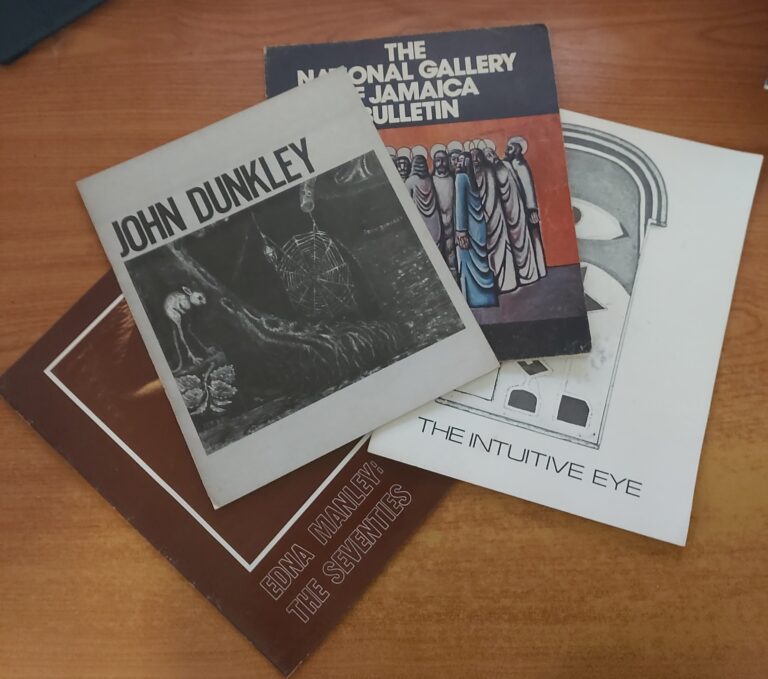Sponsorship and the near death of stage shows, clashes

There was a period in the early 2000s when I did a year-end stage show circuit of East Fest in Morant Bay, St Thomas; Sting in Portmore, St Catherine; Island Explosion in May Pen, Clarendon; Reggae Campfire in Ewarton, St Catherine, and Original Dancehall Jam Jam in Hayes, Clarendon. Then the next year would begin with Rebel Salute at Port Kaiser, Manchester, in mid-January, then Follow The Arrow would hit James Bond Beach, St Mary, in February. I did not make it to the G.T. Taylor Christmas Extravaganza in Black River. Inevitably, there would be an overlap in headline performers, although each show tried to differentiate itself from the pack by its general character and also having a few exclusive main performers.
It was a lot of driving, a lot of writing and a ton of memorable moments. However, there were those who would scoff at that number of major shows and refer to the late 1980s into early 1990s. There was what I read about as the ‘silly season’, with over 20 major live performance events in December, and each year the number of flops and successes was tallied. There is no need to rack up an annual scorecard on January 1 again. Even before COVID-19 hit in 2020, the end-of-year live performance circuit, I so enjoyed, had evaporated. Sting, the last holdout, has not been held in physical or online form since 2015.
Although I was not privy to the arrangements, I got the distinct impression that there was a lot of communal effort involved, where promoters and major performers came to payment arrangements based on relationships and expectations that the gate receipts and bar sales would be spread around. The figures surfaced only when there was a dispute over payment. A little later in the period, coming up to 2010 when there a lot of smaller concerts around Kinston and St. Andrew, especially at Mas Camp on Oxford Road, the sense of community around staging live performances was clearer. Again, it was the fallout when one performer did nit attend another’s event, as they had agreed, which made the press. It was a round robin format, similar to the long-established partner co-operative savings set-up. That still exists with the bar party, sound system based round robin set-up, where there is no cover charge but those involved must go to each event and spend heavily – and obviously – on drinks.
And, I was around for the high-profile sponsorship deluge in live performance and sound system events in the mid-2000s, one outcome of which was the tussle over anti-homosexual lyrics, beginning at Jamaica Carnival 2005. The cell phone companies, Digicel and Cable and Wireless Jamaica (LIME was its most visible phase), as well as the alcohol brands Red Stripe, Magnum and Wray & Nephew were at war for customers and the big bucks were poured in. The smaller events which did not get the sponsorship support from outside of the music network of promoters, performers and audience were the first to go, then there were public spats about which large events were being given preferential treatment based on ‘who know who’. And here we are today, after COVID-19, with a vastly changed landscape, where the Jamaica Rum Festival, put on by rum companies with immersion in the product as important as the music, shifting to the North Coast for its 2022 staging.
Of course, this is observation and speculation. Supposed cause does not necessarily mean surmised effect (there is rarely a connection), but it is a chain of events in the Jamaican music landscape which bears further investigation. It is a sequence which definitely played out in the demise of the Death Before Dishonour sound clash series which took place at Pier One, Montego Bay, St James. The organisers, Irish and Chin, have spoken about changing the format from individual sound systems setting up their own equipment to a standardized set-up when Puma pumped in cash ahead of the 2004 Olympics, when the winner went to Athens, Greece, with Jamaica’s team. After that the relationship between the promoter and sound system operators changed. It was more about money than community, with reasons like the cost of dubplates for preparation also a factor. The upshot is that the event has died and part of the heavily- sponsored Reggae Sumfest now is the Global Sound Clash held at the same venue as Death Before Dishonour – Pier 1. This year’s winner was perennial Death Before Dishonour contestant and former winner, Bass Odyssey. And then there is the Guinness Sounds of Greatness clash, which made its post-COVID physical return with Panther and Ricky Trooper, again former Death Before Dishonour combatants, two of the main draws.
Sponsorship has had an impact on the communal relationships which have long underpinned music performance in Jamaica, This demands investigation, although it is squarely about a topic that those involved in making and presenting music in Jamaica are reticent to talk about openly. Money.
Mel Cooke covered Jamaican entertainment as a print journalist for almost two decades, overlapping with his MPhil research on dancehall and experiential marketing with the Institute of Caribbean Studies, UWI, Mona, where he is now working on a PhD while lecturing in the Bachelor of Arts, Communication Arts and Technology (BACAT) programme at the University of Technology, Jamaica (UTech, Ja.).






